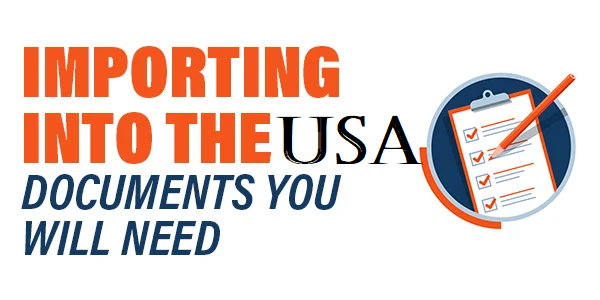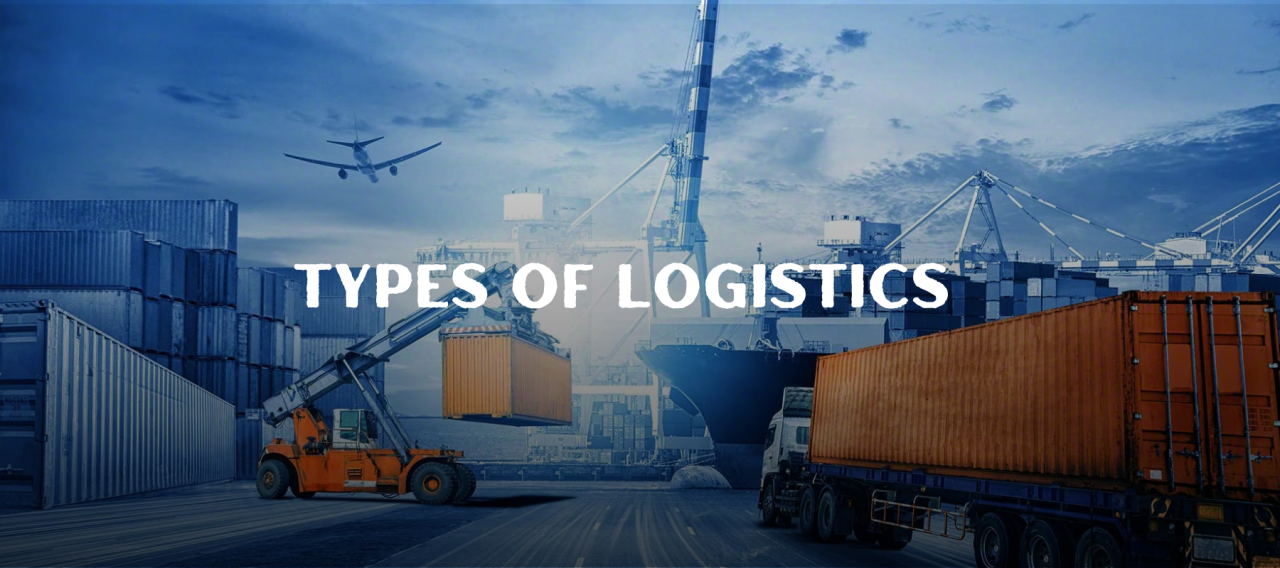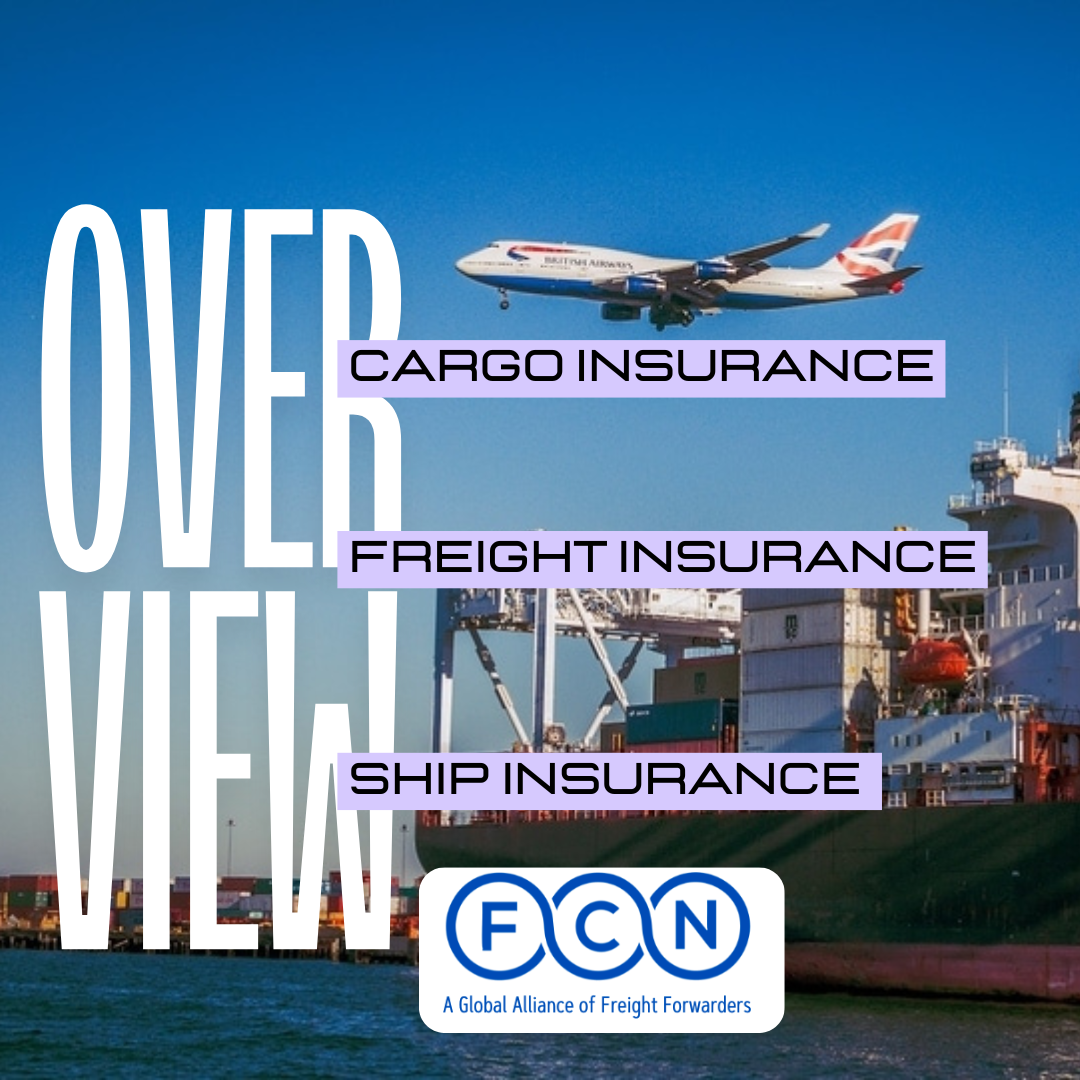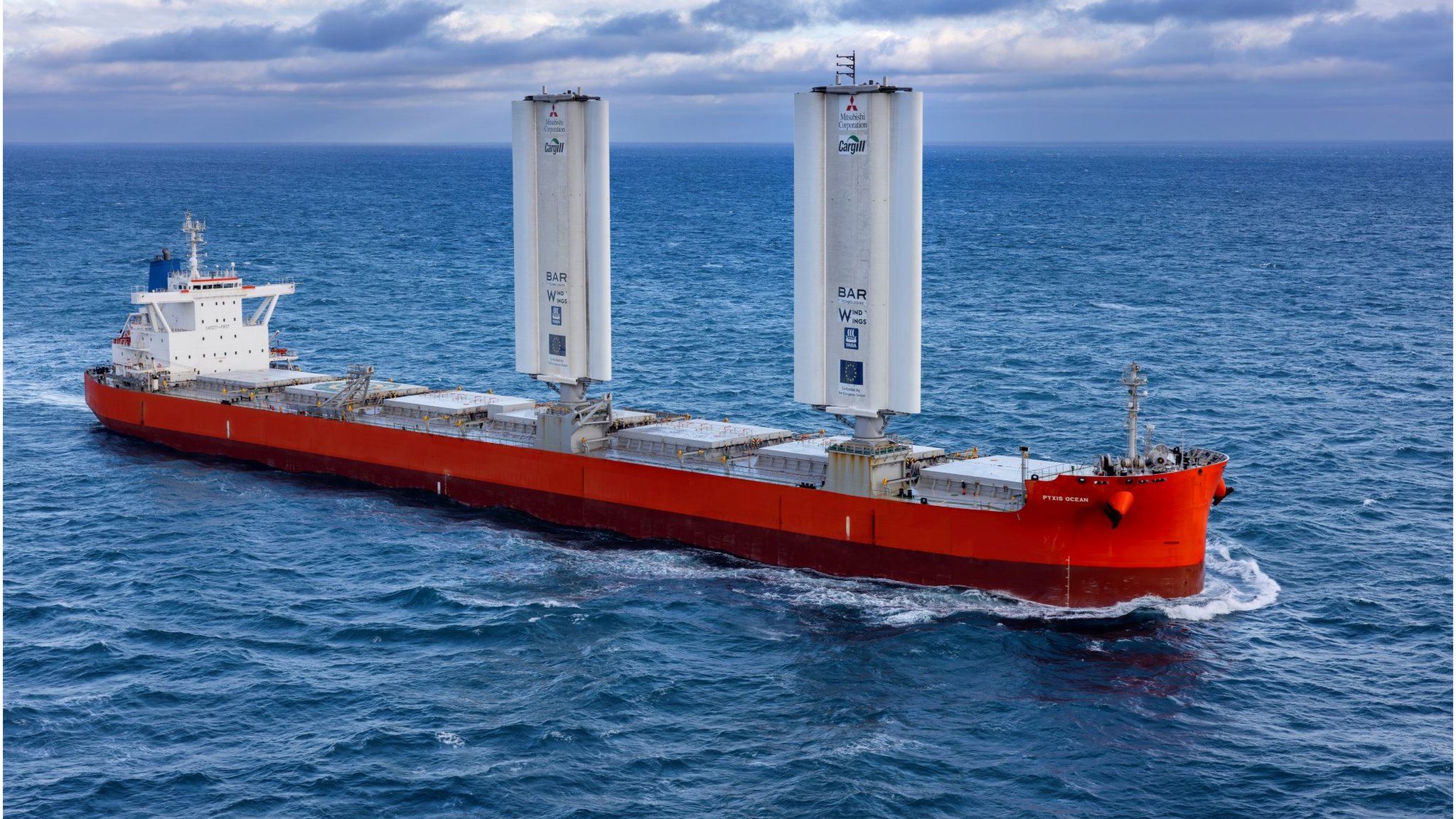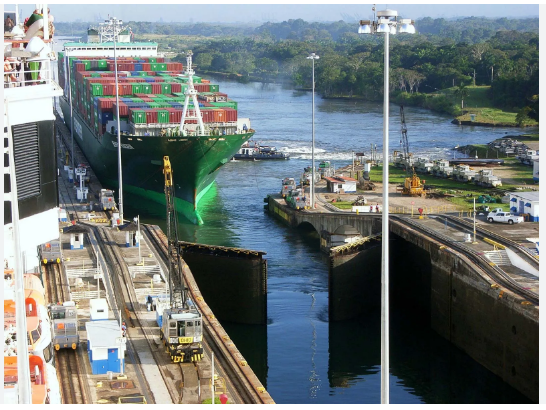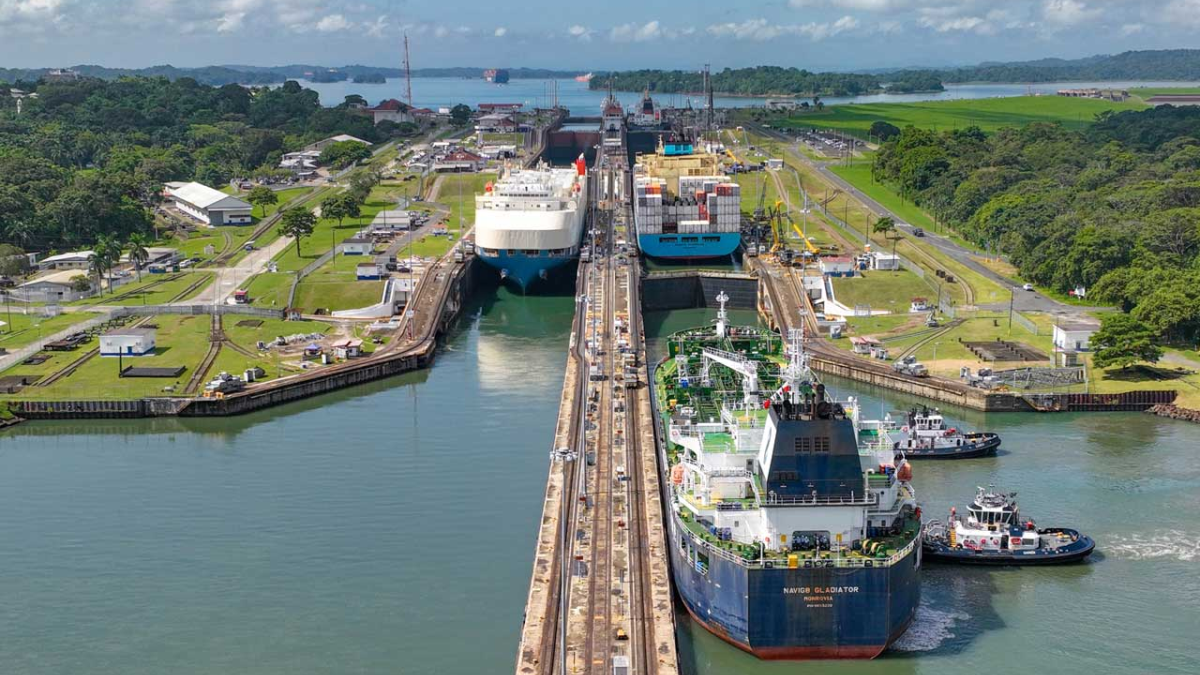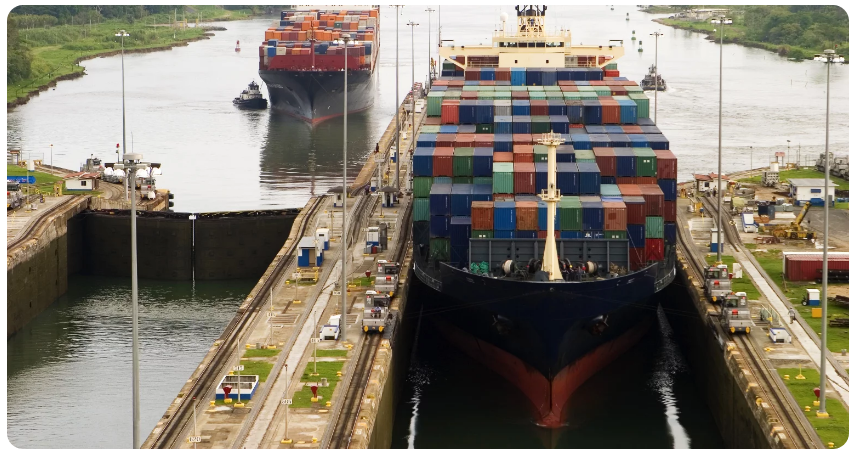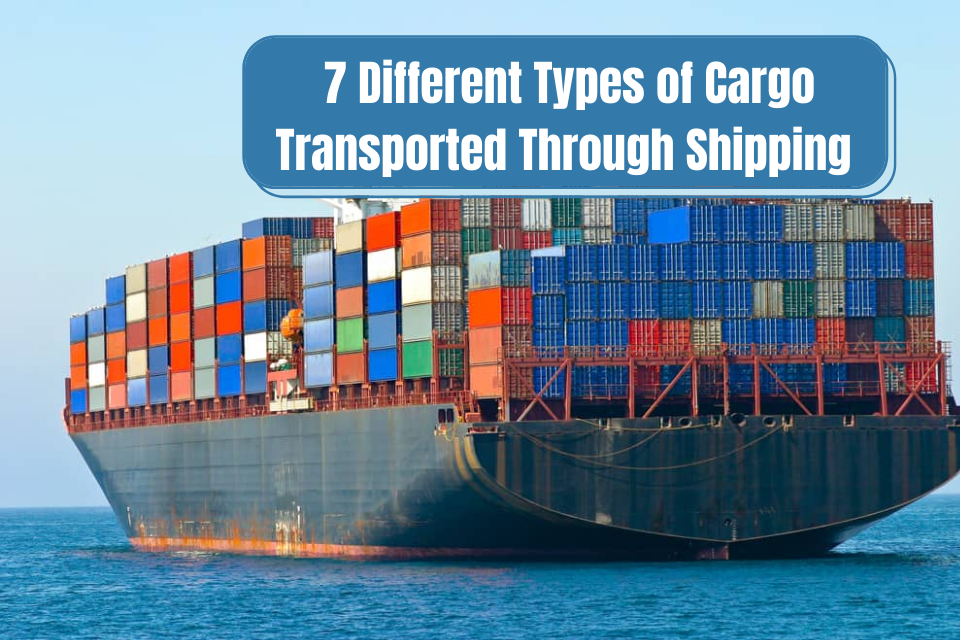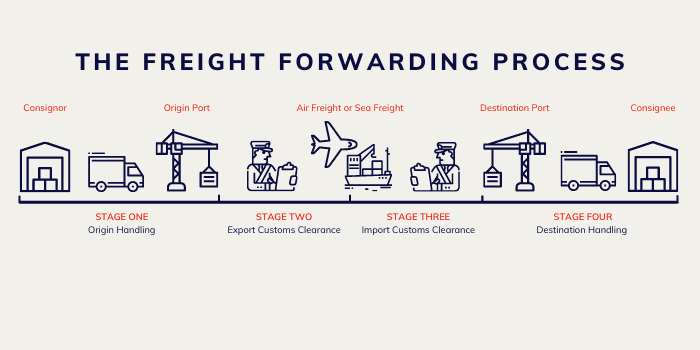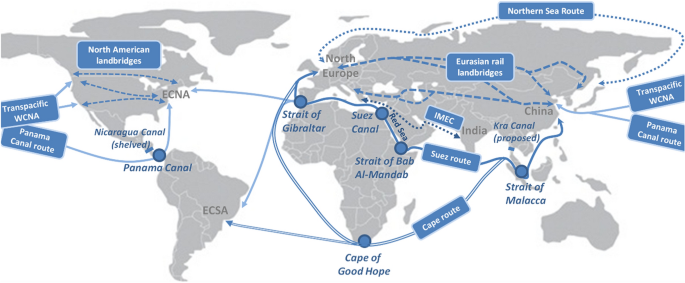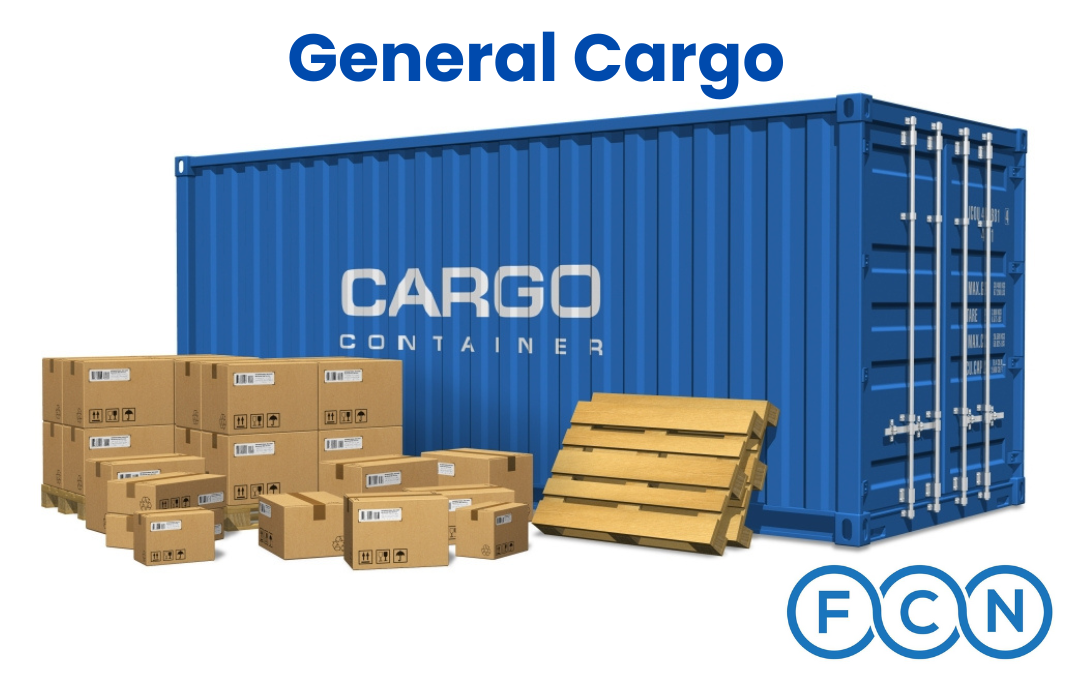
Carrier haulage is when a shipping company is responsible for transporting goods, while merchant haulage is when the cargo owner hires a third-party haulage company to transport goods.
CARRIER HAULAGE
- The shipping company is responsible for the entire logistics chain
- The shipping company can optimize routes and container loads
- Carrier haulage can be more cost-effective for large shippers
- Carrier haulage can offer more service predictability and connectivity with ocean transport
MERCHANT HAULAGE
- The cargo owner is responsible for organizing the transportation
- The cargo owner can select the haulage provider, negotiate rates, and schedule transport
- Merchant haulage can be more cost-effective for companies with the scale and resources to negotiate contracts
- Merchant haulage can provide more customized tracking capabilities
- The choice between carrier haulage and merchant haulage depends on the needs of the business and the available resources.
How to decide between merchant and carrier haulage?
The decision between merchant and carrier haulage doesn’t just affect transport — it has a ripple effect throughout your supply chain:
- Cost management: If you have the scale and resources to negotiate contracts and handle logistics, merchant haulage could sometimes save you money. However, carrier haulage provides convenience and efficiency, which should also be considered when evaluating your total logistics costs.
- Operational control: With merchant haulage, you will coordinate routes and times directly with haulage companies. However, it requires more resources for management effort and operational oversight.
- Risk and reliability: Carrier haulage offers more service predictability and connectivity with ocean transport, which is particularly useful for businesses looking for an integrated experience. On the other hand, merchant haulage could provide more customised tracking capabilities of the trucking move itself.
- Time and resources: For small businesses with limited logistics experience, carrier haulage offers a simpler, more hands-off solution, freeing up internal resources for other tasks. For bigger companies with dedicated supply chain resources, merchant haulage can lead to better optimisations but requires more in-house expertise.
For small businesses, deciding between merchant and carrier haulage depends on your priorities. If you value simplicity and efficiency and want to minimise the logistics management burden, carrier haulage might be the right choice. If you prefer to have direct contact with hauliers and have the resources to procure and manage multiple service providers, then merchant haulage may be a better fit.


